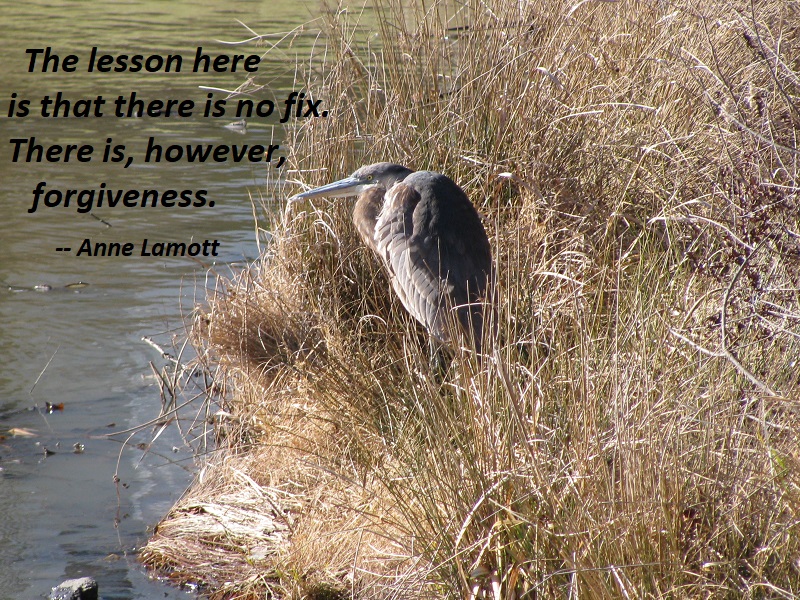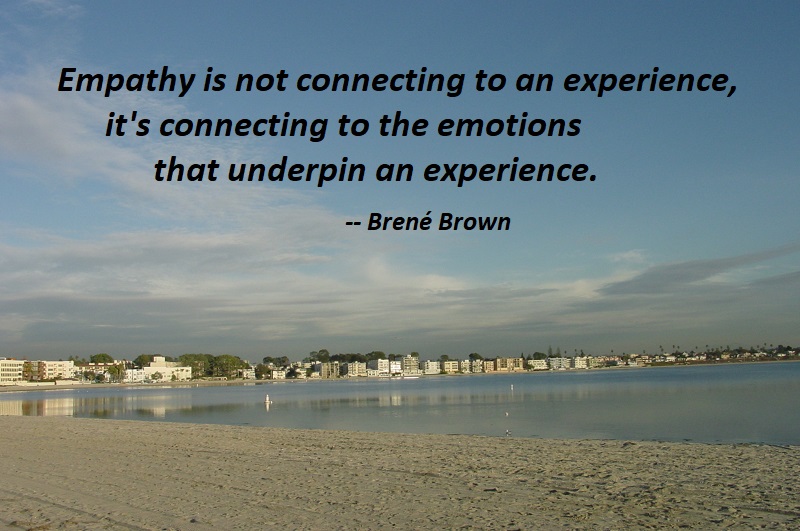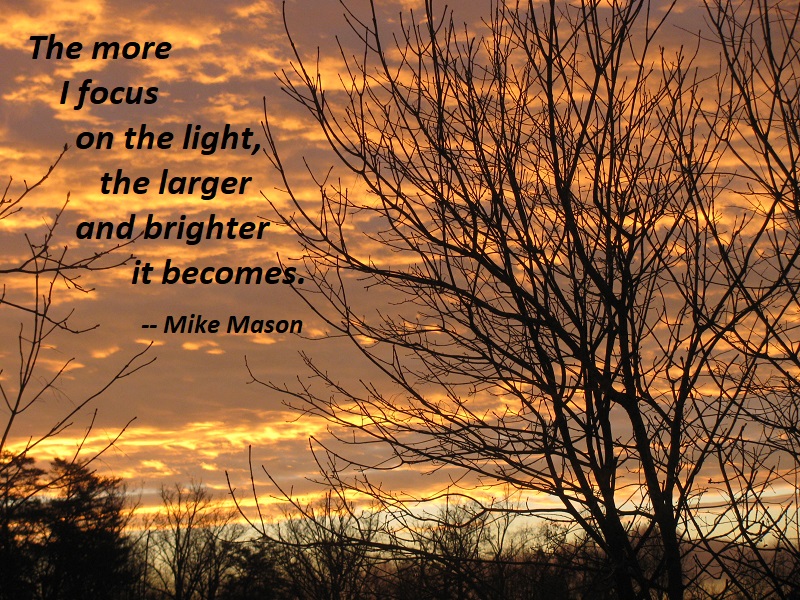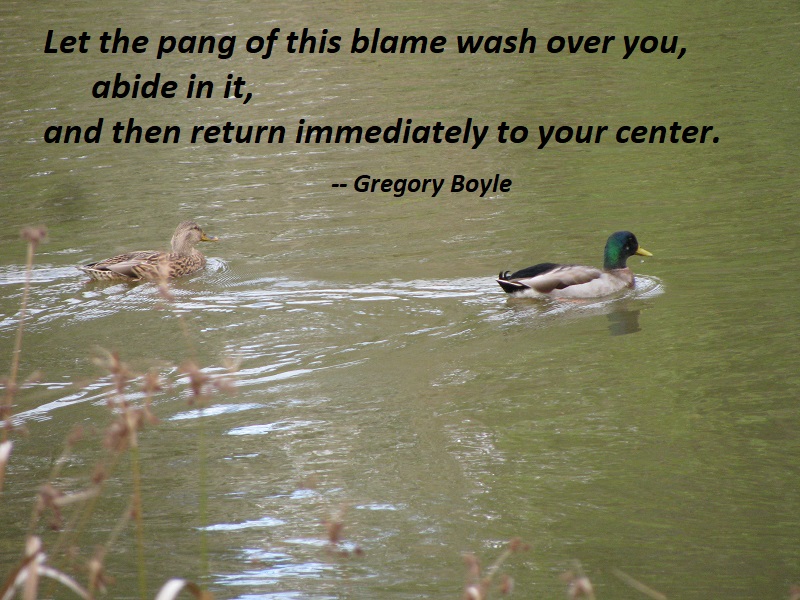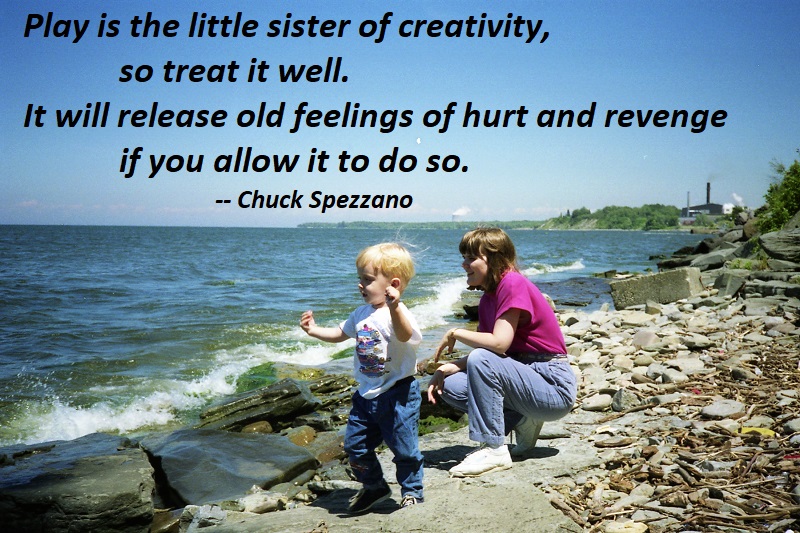Tell Me a Story

So when someone asks, “What is the gospel?” the best response is, “Let me tell you a story.” You might start with Abraham, Isaiah, or Luke. You might start with the Samaritan woman at the well. You might start with a story about your grandmother or a rural church camp or a dining room table surrounded by Woody’s chairs. At some point, you will get to Jesus, and Jesus will change everything.
There’s a story in Matthew’s and Mark’s gospels about a woman who anoints Jesus with a jar of costly perfume in prophetic anticipation of his impending arrest and crucifixion. When the disciples harass her for what they see as a waste of resources, Jesus defends the woman, declaring, “Truly I tell you, wherever the gospel is preached throughout the world, what she has done will also be told, in memory of her” (Mark 14:9). His response suggests that preaching the gospel means telling stories about the life of Jesus, not simply his death and resurrection.
— Rachel Held Evans, Inspired, p. 151-152
Photo: South Riding, Virginia, January 7, 2019

